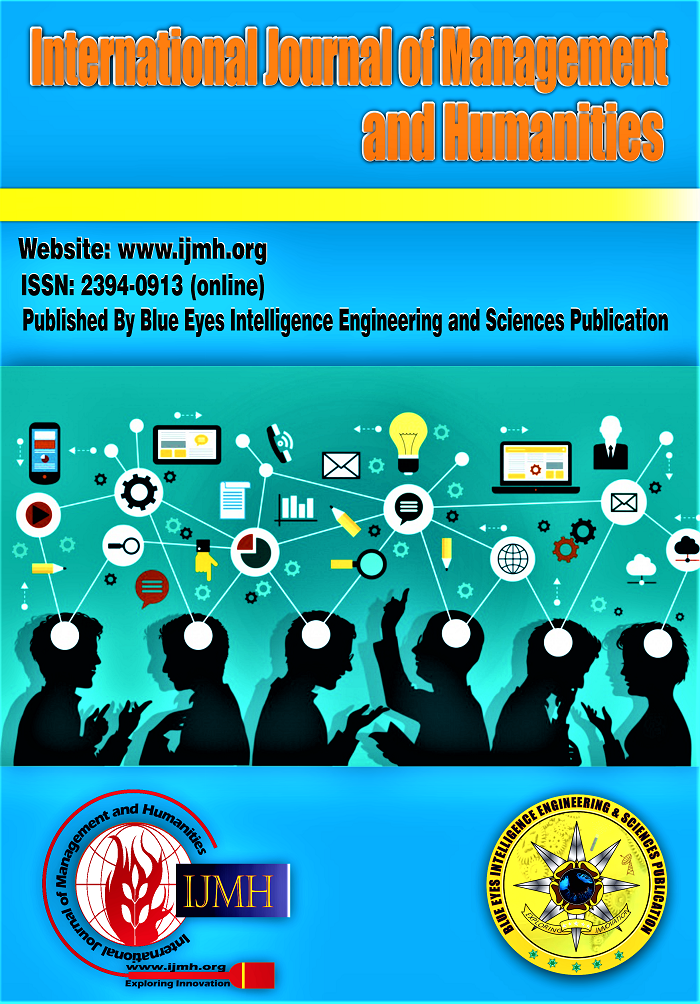Equal Marriage in Peru: Analysis of the 2023 Constitutional Court Ruling Based on Advisory Opinion OC-24/17 of the Inter-American Court of Human Rights
Main Article Content
Abstract
The 2023 ruling of the Peruvian Constitutional Court, which recognised same-sex marriage, marks a landmark in the consolidation of human rights in the country. Through the application of the conventionality control doctrine and the incorporation of international standards—particularly Advisory Opinion OC-24/17 of the Inter-American Court of Human Rights—the judgment filled a normative gap and set a binding nationwide precedent. This article adopts a qualitative–juridical approach to examine the theoretical foundations of substantive equality, the interplay between domestic and international law, and the legal, social, and political impacts of the decision. A comparative analysis with Argentina, Costa Rica, and Mexico highlights different pathways toward marital equality and identifies the strengths and weaknesses of Peru’s unitary judicial model. The study concludes with legislative, institutional, and cultural proposals to ensure that legal recognition translates into effective inclusion and the comprehensive expansion of rights for LGBTIQ+ persons.
Downloads
Article Details
Section
How to Cite
References
Corte Constitucional del Perú. (2023). Sentencia sobre reconocimiento del matrimonio entre personas del mismo sexo. Expediente N.º 00005-2021-PI/TC. https://img.lpderecho.pe/wp-content/uploads/2023/08/Expediente-02018-2022-0-1618-JR-CI-01-LPDerecho.pdf
Comisión Interamericana de Derechos Humanos. (2021). Informe sobre el cumplimiento de la Opinión Consultiva OC-24/17. Organización de los Estados Americanos. https://www.oas.org/es/cidh/informes/pdfs/OC-24_17.pdf
Corte Interamericana de Derechos Humanos. (2017). Opinión Consultiva OC-24/17 sobre identidad de género e igualdad y no discriminación a parejas del mismo sexo. https://www.corteidh.or.cr/docs/opiniones/seriea_24_esp.pdf
Congreso de la Nación Argentina. (2020). Análisis y evolución de la legislación sobre matrimonio igualitario en Argentina [Informe]. Biblioteca del Congreso de la Nación Argentina
Ministerio de Justicia y Derechos Humanos del Uruguay. (2019). Informe sobre la implementación y efectos socioculturales de la Ley de Matrimonio Igualitario N.º 19.075. https://www.gub.uy/ministerio-de-justicia-y-derechos-humanos/informes
Conselho Nacional de Justiça. (2021). Relatório anual sobre direitos civis e casamento igualitário no Brasil. https://www.cnj.jus.br/relatorios/relatorio-anual-de-direitos-civil/2021/
Corte Constitucional de Colombia. (2016). Sentencia SU-214/16. https://www.corteconstitucional.gov.co/relatoria/2016/SU214-16.htm
Asamblea Legislativa de Costa Rica. (2020). Ley N.º 9738: Matrimonio igualitario. https://www.imprentanacional.go.cr/pub/2020/06/02/COMP_02_06_2020.html
ILGA World. (2023). State-Sponsored Homophobia Report 2023. https://ilga.org/state-sponsored-homophobia-report
Corporación Latinobarómetro. (2024). AmericasBarometer 2024 – Opinión pública sobre derechos LGBTIQ+. https://www.vanderbilt.edu/lapop
Comisión Económica para América Latina y el Caribe (CEPAL). (2025). Panorama Social de América Latina 2025. https://www.cepal.org/es/publicaciones
Raz, J. (2019). The Morality of Freedom. Oxford University Press. DOI: https://doi.org/10.1093/0198248075.001.0001
Fraser, N. (2019). Justice interruptus: Critical reflections on the “postsocialist” condition. Routledge. https://www.routledge.com/Justice-Interruptus-Critical-Reflections-on-the-Postsocialist-Condition/Fraser/p/book/9780415917957?srsltid=AfmBOooSmN38apiMvoEz_nJS8KHAF82hhiy0mcIk78lO3MrOneco2qC_
Corte Interamericana de Derechos Humanos. (2012). Caso Atala Riffo y Niñas vs. Chile. Sentencia de 24 de febrero de 2012. https://www.corteidh.or.cr/docs/casos/articulos/seriec_239_esp.pdf
Ceccagno, C. (2022). “The ripple effects of OC-24/17 on marriage equality reforms in Latin America”. Human Rights Law Review, 22(3), 1–25. DOI: https://doi.org/10.1093/hrlr/ngac020
Oficina del Alto Comisionado para los Derechos Humanos. (2020). Informe sobre derechos humanos y protección de comunidades LGBTIQ+. Naciones Unidas. https://www.ohchr.org/sites/default/files/documents/issues/lgbt/un-lgbti-reports-2020.pdf
Comité de Derechos Humanos de Naciones Unidas. (2019). Observación general No. 36 sobre el derecho a la igualdad ante la ley y a la no discriminación, en relación con la orientación sexual y la identidad de género (CCPR/C/125/D/2479/2014). https://undocs.org/CCPR/C/125/D/2479/2014
European Court of Human Rights (2023)
Recent developments in same-sex marriage jurisprudence https://hudoc.echr.coe.int/
Carpenter, J. E. (2021). Legal progress and Challenges after Obergefell v. Hodges: The state of marriage equality in the United States. Journal of Civil Rights and Social Justice, 27(1), 45-70.
Supreme Court of Mexico. (2015). Jurisprudencia 1a./J. 43/2015. https://sjf2.scjn.gob.mx/detalle/tesis/2008992
Suprema Corte de Justicia de la Nación. (2015). Jurisprudencia 1a./J. 43/2015: Matrimonio igualitario y derechos de las personas LGBTIQ+. https://sjf2.scjn.gob.mx/detalle/tesis/2008992
Corte Constitucional del Ecuador. (2019). Sentencia 11-18-CN/19. https://x.com/corteconstecu?lang=en
Registro Civil de Ecuador. (2020). Protocolo para el registro de matrimonios igualitarios. https://www.registrocivil.gob.ec/
Comisión Interamericana de Derechos Humanos. (2021). Informe sobre el cumplimiento de la OC-24/17. https://www.oas.org/es/cidh
González, L., & Ramírez, P. (2023). “Litigation strategies post OC-24/17 in Latin America”. Journal of Human Rights Practice, 15(2), 288–309. DOI: https://doi.org/10.1093/jhuman/huad004
Human Rights Watch. (2022). Peru: Obstacles to Marriage Equality. https://www.hrw.org
Congreso de la República del Perú. (2024). Proyecto de Ley N.º 8594 – Ley contra la discriminación por orientación sexual e identidad de género. https://wb2server.congreso.gob.pe/spley-portal-service/archivo/MTc2NTEz/pdf
Ministerio de Justicia y Derechos Humanos del Perú. (2024). Propuesta de protocolo para el registro civil inclusivo. https://www.gob.pe/minjus
Comisión Interamericana de Derechos Humanos. (2024). Informe Anual 2024. https://www.oas.org/es/cidh/informes/anuales.asp
Corte Suprema de Uruguay. (2021). Actualización de la Ley de Matrimonio Igualitario. https://www.impo.com.uy/matrimonioigualitario/
Corte Suprema de México. (2022). Declaración de inconstitucionalidad de códigos civiles restrictivos. https://www2.scjn.gob.mx/juridica/engroses/3/2022/71/2_305075_6402_firmado.pdf
AmericasBarometer. (2024). Peru Country Data Set. https://www.vanderbilt.edu/lapop
International Commission of Jurists. (2023). Living Instruments: The Evolutive Interpretation of Human Rights Treaties. https://www.icj.org
Vienna Convention on the Law of Treaties. (1969). United Nations. https://legal.un.org/ilc/texts/instruments/english/conventions/1_1_1969.pdf
Corte Interamericana de Derechos Humanos. (2025). Informe regional sobre igualdad y no discriminación. https://www.corteidh.or.cr/





